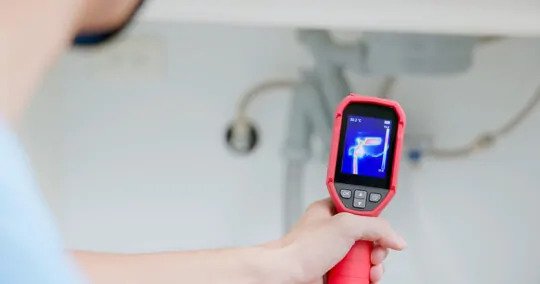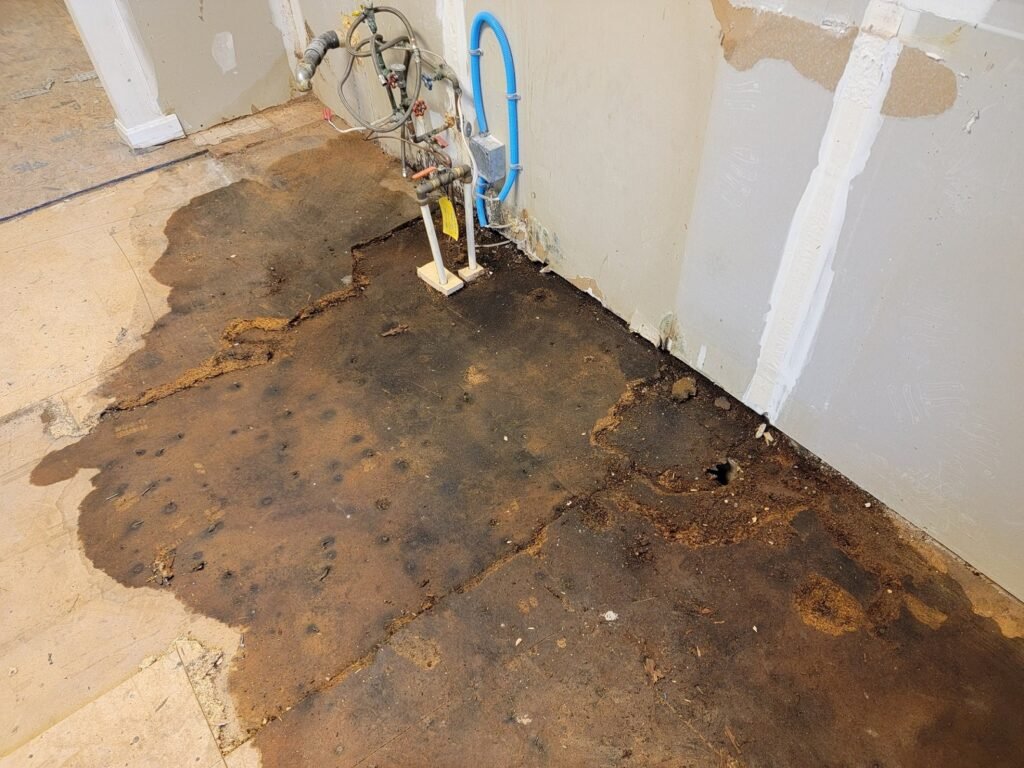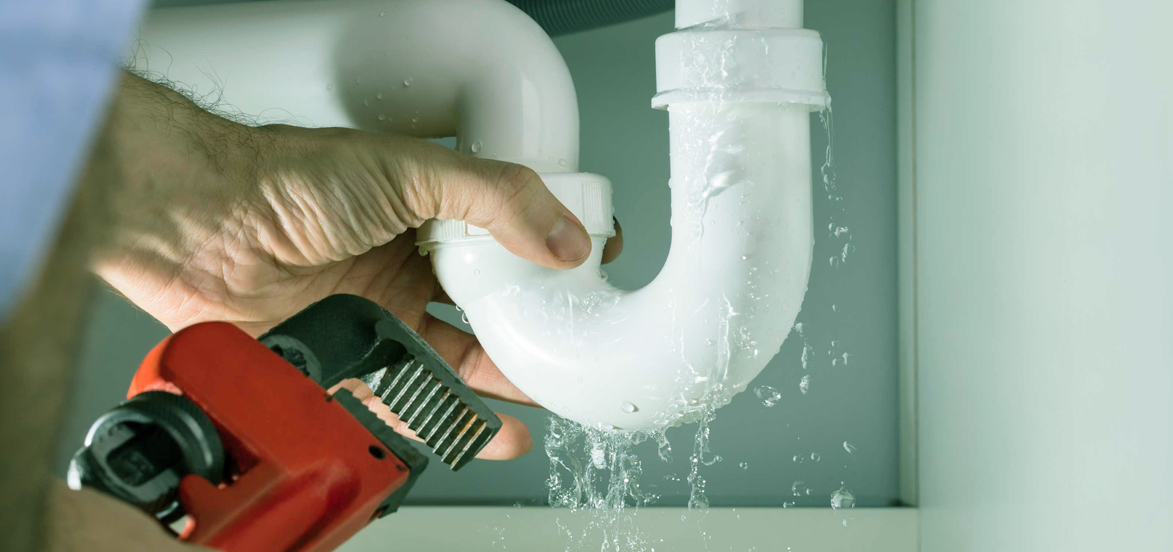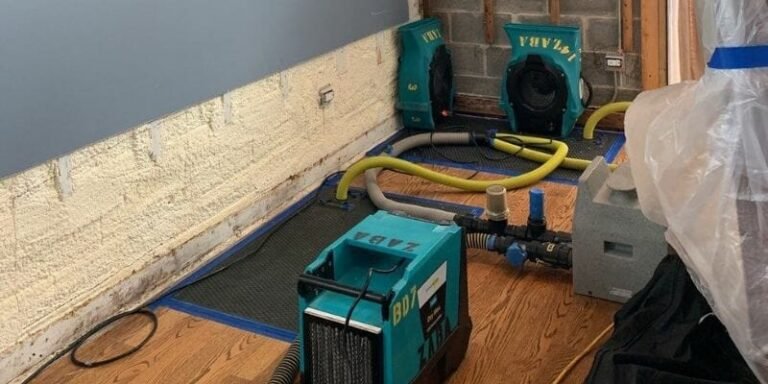Hidden water leaks are the silent destroyers of homes. You cannot see them, but they can quietly rot your walls, warp your floors, and skyrocket your water bill.
If you live in Fort Worth, TX, where aging infrastructure and shifting weather patterns are common, detecting these sneaky leaks early is critical.
Let’s be honest, most of us ignore that dripping sound or small wet patch because it seems harmless. But trust us, it is not.
That tiny leak could lead to thousands of dollars in damage if left unchecked. Early detection is not just about saving money; it is about protecting your home’s structure and your family’s health.
What Causes Hidden Water Leaks
Hidden water leaks do not just happen out of the blue. They are often the result of long-term wear and tear, weather changes, or poor plumbing practices. Here are a few common causes:
Aging or Corroded Pipes
Older homes in Fort Worth may still have galvanized or copper pipes. Over time, these materials corrode and develop pinhole leaks behind walls or under floors.
As corrosion progresses, small leaks can expand, leading to major water loss and hidden structural damage.
Faulty Plumbing Installation
If the plumber cut corners during installation, joints and connections might fail early on. Poor workmanship or the use of low-quality fittings can cause leaks that remain invisible for months.
Extreme Weather Changes in Fort Worth TX
Rapid shifts from hot to cold, especially during Texas winters, can cause pipes to expand and contract. This movement can eventually cause small cracks that develop into leaks.
Tree Root Invasion
Those big beautiful trees in your yard might be stretching their roots into your underground pipes. Over time, roots can crack pipes from the outside in, leading to leaks and even sewage backups.
Ground Movement or Foundation Shifts
Fort Worth’s clay-rich soil is known for expanding and contracting with moisture levels. This shifting can stress underground pipes, leading to hidden leaks below your foundation.
Common Signs You Might Have a Hidden Leak
You do not need x-ray vision to know something is wrong. Look out for these red flags that suggest a leak may be hiding somewhere in your home:
Unexpectedly High Water Bills
If your water usage has not changed, but your bill suddenly spikes, that is often a clear sign of a hidden leak.
Mold or Mildew Smells
A musty smell in one room but not others could mean water is sitting behind the walls. Mold thrives in dark, damp spaces.
Peeling Paint or Wallpaper
When water seeps behind your walls, it causes paint and wallpaper to bubble or peel. This visual clue means moisture is accumulating where it should not.
Warped Walls or Floors
If your wooden floors are starting to buckle or drywall feels soft to the touch, you could have a serious moisture issue underneath.
Wet Spots on Ceilings or Carpets
Water always finds the lowest point, so a ceiling spot could mean a leak above, while soggy carpets often signal plumbing issues below.
Reduced Water Pressure
A sudden drop in pressure at your faucets or shower may mean a leak is diverting water flow.
Areas in Your Home Most at Risk
Leaks love to hide in certain tricky spots where moisture can go unnoticed:
Behind Walls and Under Floors
These spaces are difficult to access and allow leaks to cause long-term damage before being discovered.
Attics and Basements
Temperature changes and poor insulation make these prime areas for pipe expansion, contraction, and leaks.
Underneath Appliances
Washing machines, water heaters, and dishwashers often spring slow leaks over time that go unnoticed until serious damage occurs.
Inside Bathrooms and Kitchens
Because these rooms have the highest water use, their plumbing experiences more wear and tear, making them leak-prone zones.
How to Detect Hidden Water Leaks Yourself

You do not always need professional tools to spot a hidden leak. Try these simple methods first:
The Water Meter Test
Turn off all water inside and outside your home. Check your water meter. If it continues to move, there is a leak somewhere in your plumbing.
Using Food Coloring in the Toilet Tank
Add a few drops of food coloring to your toilet tank. If the color appears in the bowl after 10 to 15 minutes, your flapper valve is leaking.
Listening for Dripping or Hissing Sounds
In a quiet house, you may hear faint dripping, hissing, or gurgling noises near walls or under floors.
Using a Moisture Meter
You can buy a handheld moisture meter at most hardware stores. It measures hidden dampness in walls, floors, or ceilings.
Checking Your Water Heater and Appliances
Inspect around your water heater, dishwasher, and refrigerator. Even small puddles or rust stains may signal leaks.
Tools and Technology the Pros Use to Find Hidden Leaks
Sometimes, leaks are too subtle for the naked eye. That is where professionals like Fort Worth Damage Pros step in with advanced tools:
Infrared Thermal Imaging
Thermal cameras detect temperature differences on surfaces. Cold spots may indicate moisture behind walls or under floors.
Acoustic Listening Devices
These specialized devices amplify the sound of water moving through pipes, helping locate hidden leaks precisely.
Video Pipe Inspection
Tiny cameras are inserted into your plumbing system to spot cracks, corrosion, or blockages from the inside.
Pressure Testing
Technicians can pressurize your plumbing system to identify pressure drops that indicate leak points.
Why You Should Act Fast on Water Leaks
Delaying leak detection can lead to major problems such as:
- Structural damage that weakens drywall, wood framing, and even foundations.
- Mold growth that can form within 24 to 48 hours, leading to health issues like allergies or respiratory problems.
- Electrical risks if water seeps near wiring or outlets.
- Insurance issues, as many policies do not cover gradual or ignored damage.
The Hidden Cost of Delaying Leak Repairs
It is easy to underestimate a small leak, but over time it can cause thousands in repair costs. A leak under your slab can lead to foundation cracks, while continuous moisture may ruin flooring or create mold infestations.
Fort Worth homes are especially vulnerable due to soil movement and humid weather, which can make water damage worse.
When to Call a Professional in Fort Worth TX
If you have tried the DIY methods and still suspect a leak, it is time to call in experts like Fort Worth Damage Pros.
Fort Worth Damage Pros’ Approach to Water Leak Detection
Local Expertise
We understand the unique challenges of Fort Worth homes, from older pipe systems to modern plumbing hidden behind drywall.
Advanced Detection Tools
Our team uses infrared scanners, acoustic sensors, and pipe cameras to pinpoint leaks accurately without tearing up your home.
Fast Response and Transparent Pricing
We know time is critical when water is involved. Our technicians respond quickly and provide clear, competitive pricing for every service.
Preventing Future Water Leaks

Once your leak is fixed, prevention should be your next priority. Here is how to minimize future risks:
Schedule Regular Plumbing Inspections
Annual plumbing checkups help detect small issues before they turn into major problems.
Monitor Water Usage
Keep an eye on your water bill. A sudden increase may be your first sign of a hidden leak.
Practice Smart Landscaping
Avoid planting large trees near underground pipes. Their roots can grow toward moisture sources and crack your plumbing.
Insulate and Winterize Pipes
During Fort Worth’s cold snaps, wrap exposed pipes and keep faucets dripping to prevent freezing and bursting.
Upgrade Old Plumbing
If your home still has galvanized or lead pipes, replacing them with modern PEX or copper piping can save you money long-term.
Final Thoughts on Catching Leaks Early
Water leaks are not just an annoyance; they are a potential disaster waiting to happen. Catching them early can save your home, your health, and your wallet.
Fort Worth homeowners should stay vigilant, inspect regularly, and act fast if something feels off.
If you even suspect a hidden leak, do not wait until it is too late. Call Fort Worth Damage Pros for a professional inspection and fast, affordable service.
FAQs
1. How can I tell if a water leak is inside the wall?
Look for soft spots, musty odors, or peeling paint. A moisture meter or thermal imaging can also help detect leaks behind walls.
2. Are water leaks covered by homeowners insurance?
It depends. Sudden and accidental leaks are usually covered, but long-term or neglected damage often is not.
3. How much does professional leak detection cost in Fort Worth?
Most leak detection services range from $150 to $400. Fort Worth Damage Pros offers transparent, competitive pricing.
4. Can a small leak really cause mold?
Absolutely. Mold can begin growing within 24 to 48 hours of water exposure in warm, damp conditions.
5. What is the fastest way to find a hidden leak?
Start with the water meter test, then call a professional if you suspect anything unusual. Modern tools like thermal cameras and acoustic detectors make the process fast and accurate.

Richard Kunz is a licensed Damage Restoration Expert with over 20 years of experience in property recovery and disaster mitigation. A seasoned industry authority, Richard has spent two decades mastering the complexities of environmental safety and structural restoration. His deep technical background and commitment to excellence ensure that every project is handled with the highest level of precision and care, making him a trusted resource for homeowners facing property crises.
𝗖𝗲𝗿𝘁𝗶𝗳𝗶𝗰𝗮𝘁𝗶𝗼𝗻𝘀: Richard is highly credentialed with IICRC certifications in Water Damage Restoration (WRT), Mold Remediation (AMRT), Applied Structural Drying (ASD), Odor Control, and Fire and Smoke Restoration.
𝗙𝗮𝘃𝗼𝗿𝗶𝘁𝗲 𝗣𝗮𝘀𝘁𝗶𝗺𝗲: When he isn’t on-site, Richard enjoys restoring vintage furniture and exploring local hiking trails with his family.
𝗕𝗲𝘀𝘁 𝗣𝗮𝗿𝘁 𝗼𝗳 𝘁𝗵𝗲 𝗝𝗼𝗯: Richard finds the greatest reward in being a steady hand for families during a crisis, taking pride in the moment a home is finally declared safe and restored to its original beauty.


